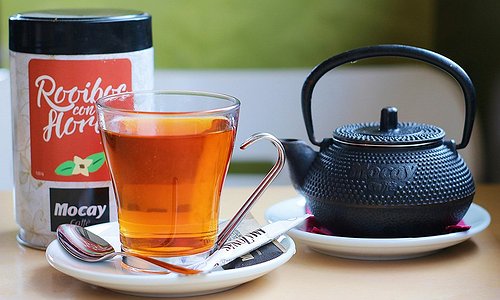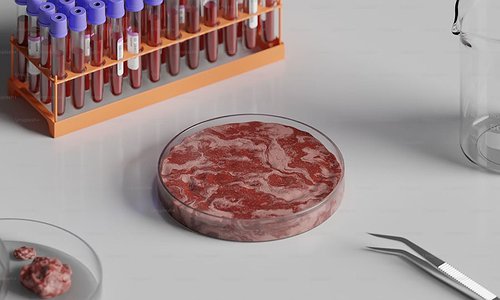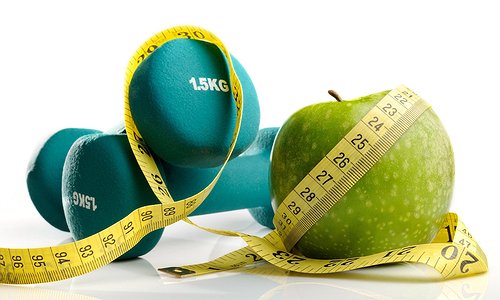Ending the silence on male suicide during men's mental health month

Globally observed each June, the campaign encourages men and boys to seek professional help earlier and to speak about emotional challenges in the same way they would about physical illness.
According to the South African Federation for Mental Health (SAFMH), South Africa ranks tenth in the world for suicide rates. The organisation refers to World Health Organization data showing that 37.6 out of every 100 000 South African men die by suicide, compared to 9.8 per 100 000 women. In Statistics South Africa’s 2019 Mortality and Causes of Death Report, it was recorded that 13 774 South Africans died by suicide in that year, and 10 861 of them were men. This translates to nearly 80 percent of all suicide cases being male.
Why male suicide remains high
SAFMH attributes the crisis to a range of social and psychological factors, including cultural expectations around masculinity. The organisation reports that men are more likely to suppress emotional pain, avoid seeking help, and use substances as a way to cope with distress. Structural issues such as unemployment, poverty and community violence further worsen the risk.
In their Silent Pandemic report, SAFMH highlights the need for early intervention, emotional literacy from a young age, and accessible services tailored to men’s lived realities.
What to look out for
Mental health professionals warn that men may not always show textbook symptoms of depression. Instead of speaking about sadness, they may complain of exhaustion, physical aches or chronic stress. According to research published in the South African Medical Journal, these are common gendered presentations of mental health disorders. Families, friends and partners are encouraged to watch for:
- Sudden or ongoing irritability;
- Changes in appetite or sleeping patterns;
- Withdrawing from social and family life;
- Risk-taking behaviour such as drinking, reckless driving or aggression;
- Statements about hopelessness or feeling like a burden.
Community efforts making a difference
Various mental health initiatives across South Africa are working to create male-friendly spaces for support. SAFMH, in its June programming, noted that several public health facilities and NGOs have introduced evening mental health sessions designed to reduce stigma and offer privacy to working men.
The Psychological Society of South Africa (PsySSA) has rolled out webinars in isiZulu, isiXhosa and Afrikaans, where men from diverse communities openly discuss emotional wellbeing and therapy. These sessions aim to reduce cultural stigma and create accessible platforms for help.
In community settings, especially through sport and recreation, informal check-ins are becoming more common. Several local sports clubs now host debriefs after practice where players are encouraged to speak about their mental health, not just their performance.

Where to get help
Free, confidential support is available nationwide:
- Suicide Crisis Helpline (via SADAG): 0800 567 567 (available 24/7 in all 11 official languages)
- SADAG Mental Health Line: 0800 456 789
- Lifeline South Africa: 0861 322 322
- Drivethru Counselling via WhatsApp: 082 882 9853




